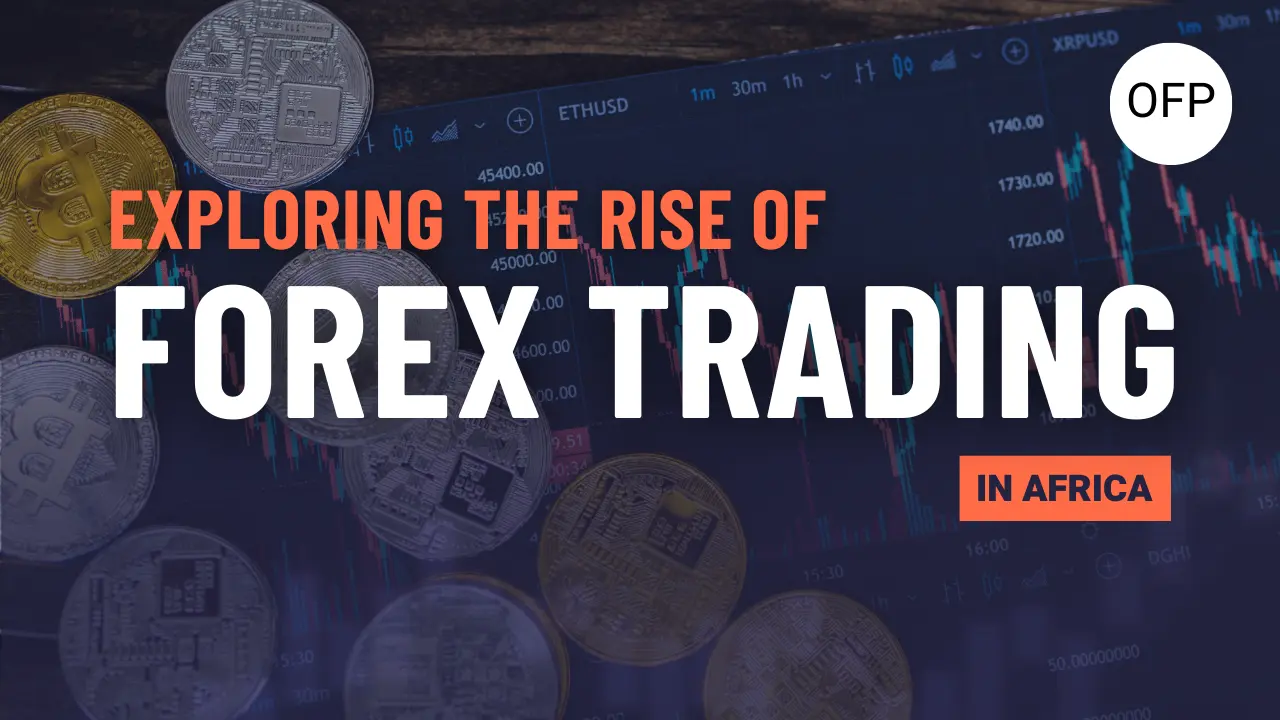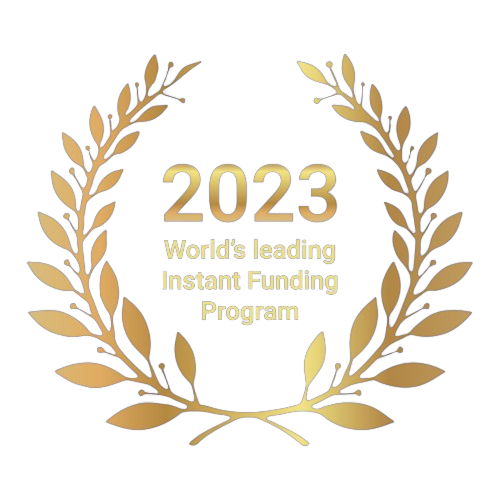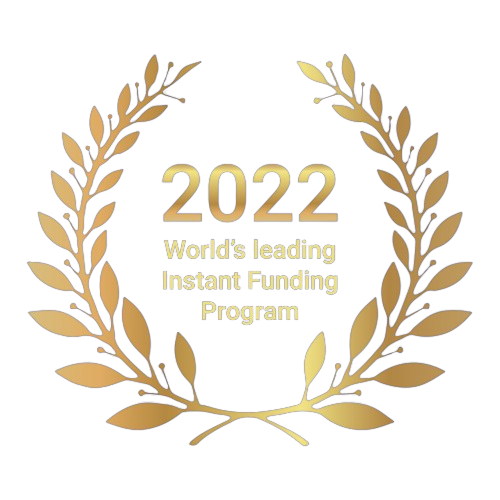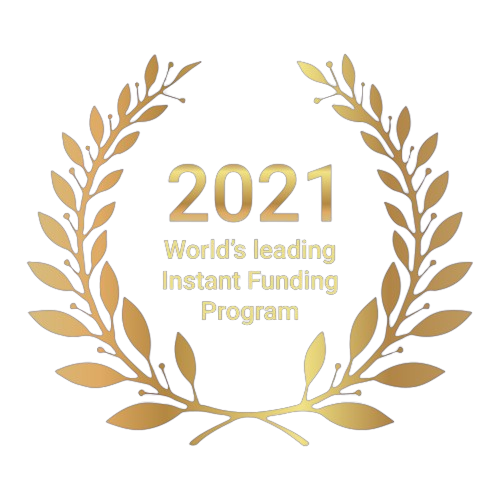
Once predominantly centered in financial hubs like London, New York, and Tokyo, forex trading is now experiencing a remarkable surge across Africa. With a combination of increased internet access, technological advancements, and growing interest in financial markets, forex trading is becoming an accessible and attractive investment option for Africans. What was once reserved for the elite and institutional investors is now available to everyday traders who wish to engage with the forex market and pursue financial independence. This shift is reshaping Africa’s financial landscape, creating new opportunities for individual empowerment and economic growth.
In Africa, forex trading is more than a trend—it signifies a major financial shift. By joining the global forex market, African traders are not only participating in worldwide economic activity but are also fostering financial literacy and sharpening their analytical skills. Forex trading has the potential to help individuals understand complex economic principles, develop strategic thinking, and gain hands-on experience in the financial markets.
Table of Contents
Opportunities in the African Forex Market
Forex trading in Africa provides traders with a wealth of possibilities for financial growth and success. For those eager to expand their financial horizons, the forex market offers a unique gateway, where even small initial investments can yield significant returns due to leverage options. With forex trading available 24/5, African traders can access global market opportunities at any time, taking advantage of shifts in various time zones. Additionally, forex trading acts as a protective measure against currency volatility, giving traders and businesses a way to safeguard their assets from unfavorable fluctuations.
In regions where currency instability is common, forex trading serves as an essential tool to preserve financial assets. It offers resilience and empowerment, allowing individuals to control their financial future, diversify income streams, and engage confidently with global markets. By participating in forex trading, African traders can build wealth, secure their finances, and better navigate a dynamic financial environment.
Challenges Facing African Forex Traders
While forex trading offers substantial opportunities, African traders often encounter unique challenges along their journey. One of the most significant barriers is the limited access to financial education. Many traders enter the market with insufficient knowledge of trading strategies, risk management, or technical analysis, leading to costly mistakes and disillusionment. Without a strong foundation in forex trading, many aspiring traders face challenges in understanding complex market dynamics, ultimately hindering their potential for success.
Additionally, the presence of unregulated brokers and fraudulent schemes poses a serious risk to traders. Without strict regulatory oversight, traders in many parts of Africa may fall prey to scams and unethical practices. Establishing a safe and transparent trading environment through regulatory improvements and financial literacy initiatives will help protect traders, enabling them to make informed decisions and avoid pitfalls.
With increased regulatory measures and partnerships with credible institutions, Africa’s forex market can become a safer space for traders, fostering a community that values integrity and accountability. Through ongoing education and collaboration, African traders can build their expertise, pursue their financial goals, and experience the benefits of a more secure forex trading environment.
Regulations and Tax Implications in Forex Trading
Africa’s forex market, particularly in regions like South Africa, offers a favorable regulatory framework, allowing traders to access a wide range of trading instruments, including currencies, CFDs, and cryptocurrencies. Unlike other regions, African traders can explore major, cross, and minor currency pairs freely, enabling a more flexible trading experience. However, with these opportunities come responsibilities, especially regarding taxation.
For instance, in South Africa, forex trading profits are taxed at a rate of 28% as income, which emphasizes the need for proper record-keeping and financial planning. To support market integrity, South Africa’s Financial Sector Conduct Authority (FSCA) enforces regulations on forex trading, requiring brokers to hold a Financial Services Provider (FSP) license. The FSCA’s regulatory oversight aims to protect traders’ assets and uphold ethical standards, fostering a safer trading environment.
With a commitment to transparency, the FSCA has earned the trust of both traders and investors. Regulatory bodies like the FSCA help build a credible forex trading environment, giving traders peace of mind as they engage in the market.
The Future of Forex Trading in Africa and OFP Funding’s Role
To fully unlock the potential of forex trading in Africa, collaboration between regulatory agencies, financial institutions, educational bodies, and traders is essential. This partnership can help combat fraud, strengthen regulatory compliance, and advance financial literacy, building a forex market that is both safe and supportive. Strategic alliances with trustworthy forex brokers and trading platforms can also play a role in creating a market culture that values ethics, transparency, and professionalism.
With robust regulations and a focus on educating investors, forex trading in Africa has the potential to drive economic growth, job creation, and financial inclusion. Such progress can lead to a more dynamic financial ecosystem where individuals feel empowered to participate in global markets, ultimately fueling Africa’s economic development.
Looking ahead, OFP Funding is a key player in shaping the future of forex trading in Africa. By providing traders with access to funding and guidance, OFP Funding empowers African traders to confidently enter the forex market, with resources to help them grow and succeed. With OFP Funding’s instant funding options, aspiring traders can gain the financial support needed to start their trading journey, navigate the complexities of the forex market, and achieve their financial goals.
In sum, Africa’s forex market holds immense promise, with potential to transform individual lives and contribute to broader economic advancement. By fostering a transparent, well-regulated trading environment and providing resources like instant funding, the African forex industry is set to unlock new opportunities for financial growth and empowerment across the continent.
Ready to skip the hassle of evaluations and get started with an instantly funded account?
CLICK THE BUTTON BELOW and customize your Instant Funded account with OFP Funding today!






